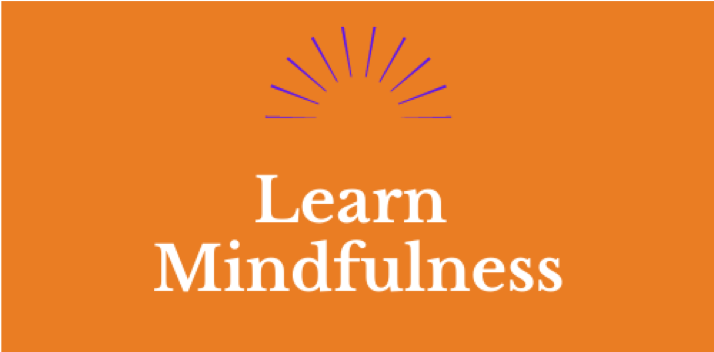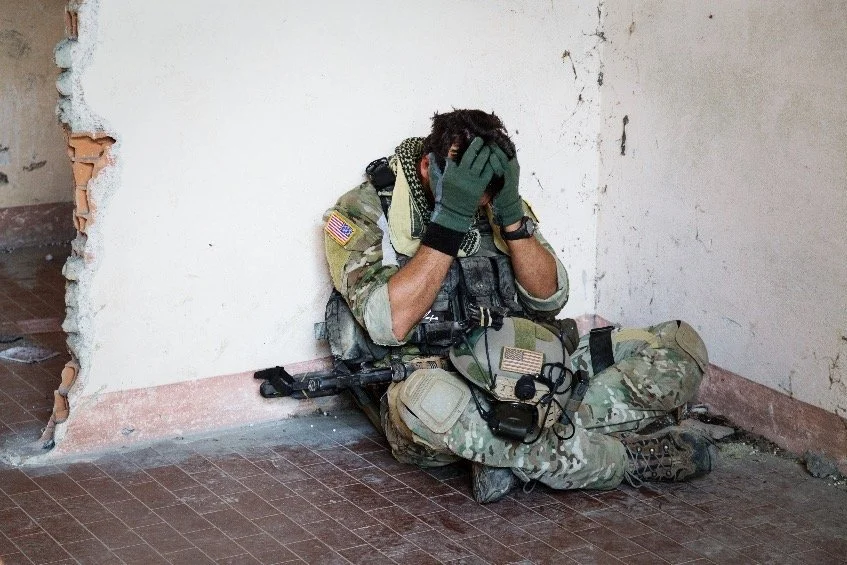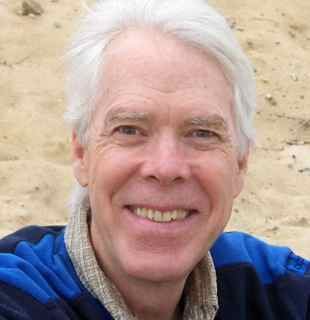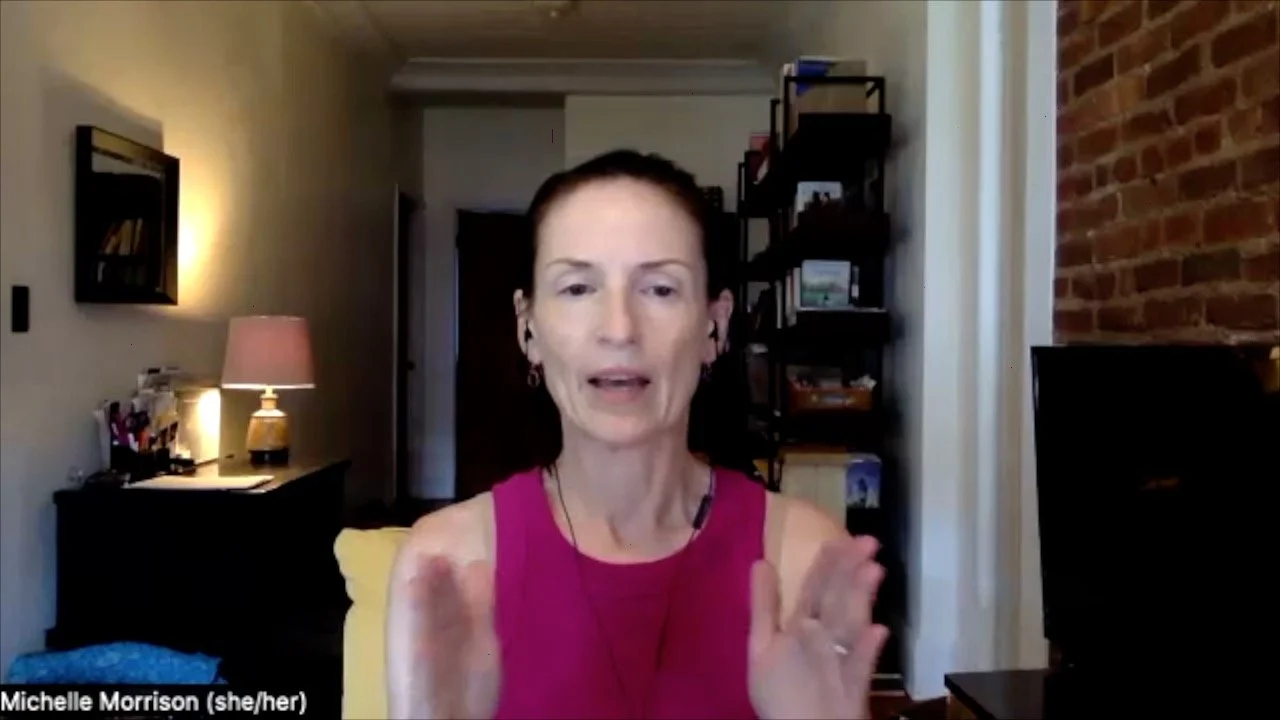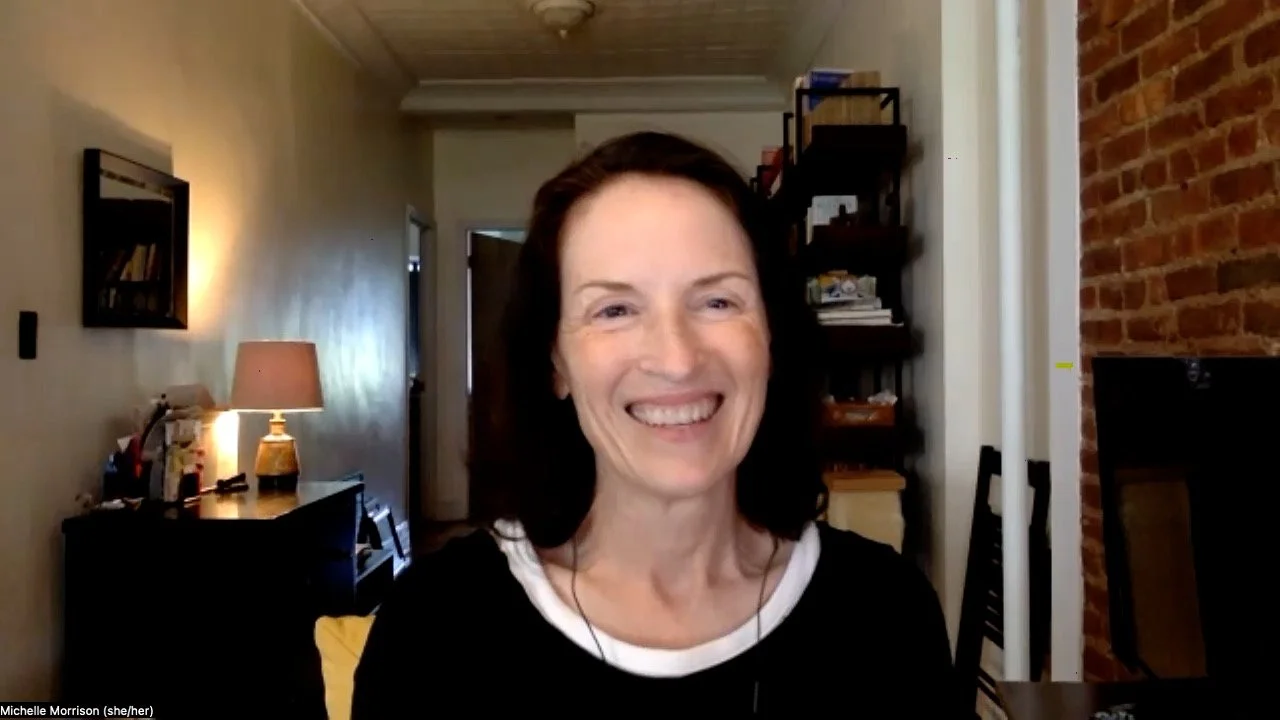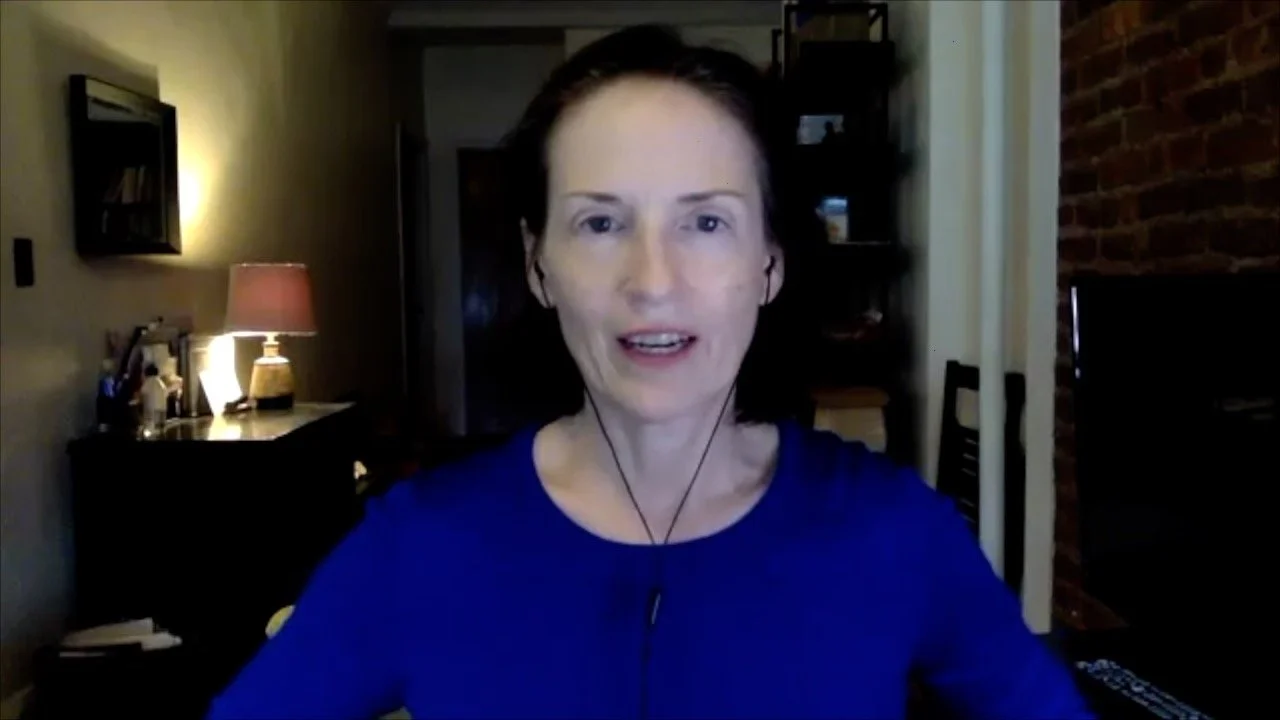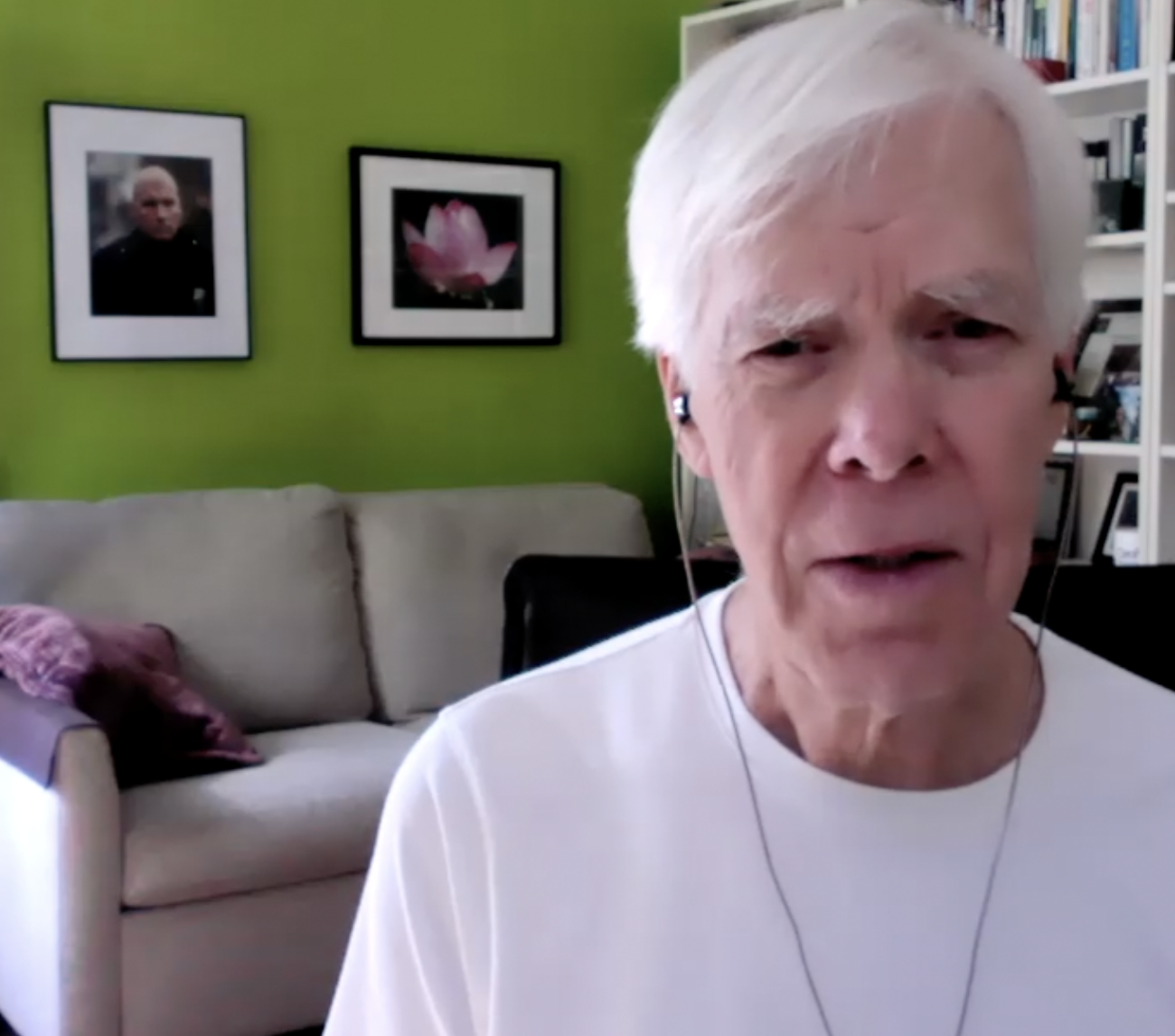Are there some acts so awful that they can’t be forgiven? Are are acts so terrible that amends are impossible?
Are they possible for people who cause harm? For people who get physical? For Russian soldiers even? Why? You might ask. It makes no sense you might conclude. Bad people deserve my anger.
But wasting my life-force on the energy of anger is a waste. Better I use my energy for good. Do you think?
Here’s one example of giving love to a person who did great harm. It is offering love and forgiveness to a man who murdered 5 children.
A Vietnamese monk went so far as to extend his heart and help a former American soldier who killed his own countrymen, Vietnamese children.
Read More